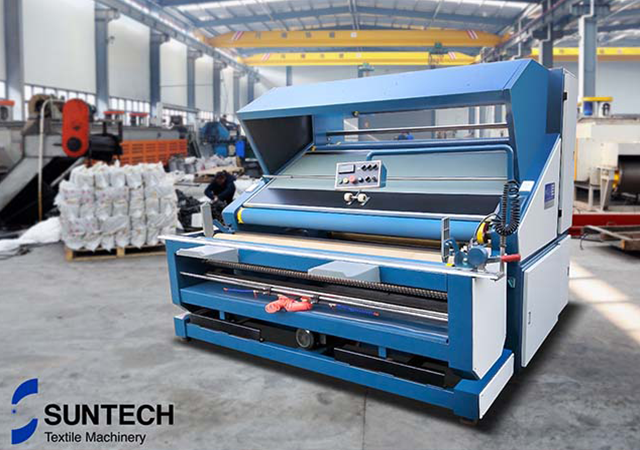The ongoing Red Sea situation continues to pose significant challenges for global supply chains, as highlighted in Maersk's Asia Pacific July Market Update. Since December 2023, widespread disruptions have forced vessels to divert around the Cape of Good Hope, creating unprecedented logistical obstacles.
Despite these hurdles, global cargo demand remains strong, driven by robust Asian exports to North America and Europe. To cope with the delays, many industries are turning to air freight services, including sea-air solutions, for time-sensitive goods.
Impact on Textile Manufacturers
Textile manufacturers, in particular, are feeling the pinch of these disruptions. The market remains dynamic, with strong demand but limited capacity for routes from the Far East to Africa. Additionally, routes from Asia to Australia and New Zealand are experiencing ongoing disruptions due to congestion at major hub ports. Over the past three months, overall capacity has been reduced as vessels are diverted to higher-demand trade routes.
The textile industry is crucially dependent on efficient logistics to maintain production schedules and meet customer demands. However, the rerouting and port congestion have tightened capacity supply for routes from Oceania to Europe and the Middle East. The situation is exacerbated by the recent increase in market demand into India following the free trade agreement between India and Australia.
Strategic Adaptations
Textile manufacturers are adopting various strategies to mitigate these challenges:
Alternative Shipping Methods: To ensure timely deliveries, many manufacturers are turning to air freight, despite the higher costs. This approach is crucial for time-sensitive goods that cannot afford delays.
Exploring New Routes: To avoid congested routes, manufacturers are looking into alternative logistics pathways. This strategy helps in reducing the impact of rising shipping costs and delays on their operations and consumers.
Supply Chain Optimization: Companies are optimizing their supply chains to enhance efficiency. This includes strategic decisions on whether to prioritize carrying empty containers back to China or laden containers to other destinations, balancing increased shipping costs with operational needs.

Innovations in Textile Machinery
SUNTECH Textile Machinery, a renowned Chinese textile machinery enterprise, exemplifies the industry's resilience and adaptability. With 50 years of experience in intelligent machinery, SUNTECH has developed and produced advanced textile machinery, such as fabric relaxing machines, fabric inspection machines, automatic fabric roll packing machines, and electric warp beam trolleys.
SUNTECH's commitment to innovation and excellence has resulted in a global customer base of over 10,000, with more than 50,000 customer cases worldwide. By providing professional intelligent equipment, SUNTECH significantly contributes to the global textile industry, helping many international textile enterprises navigate the current supply chain disruptions.
Conclusion
The Red Sea crisis has undeniably impacted global supply chains, creating significant challenges for various industries, including textile manufacturing. However, through strategic adaptations, innovative solutions, and optimized supply chains, textile manufacturers are effectively addressing these disruptions. Companies like SUNTECH continue to lead the way in providing advanced machinery and equipment, ensuring that the textile industry remains resilient and capable of meeting global demand despite ongoing logistical challenges.




